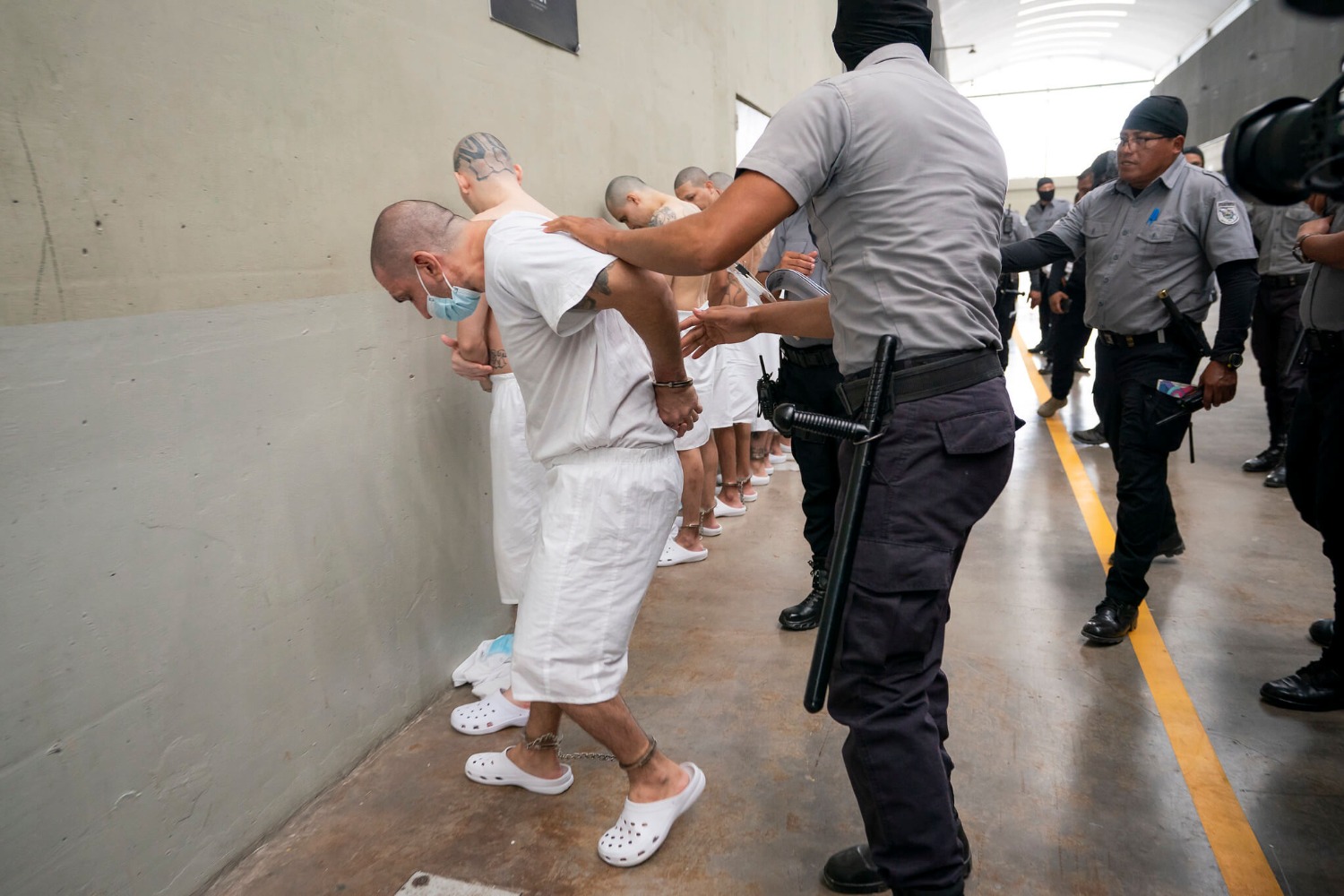The Supreme Court Rules on Presidential Immunity
Published by The Lawfare Institute
in Cooperation With

On July 1, the Supreme Court ruled 6-3 in Trump v. United States that presidents of the United States enjoy absolute immunity from criminal prosecution for actions “within his conclusive and preclusive constitutional authority." A president also enjoys, according to the Court, “at least presumptive immunity from prosecution for all his official acts” as circumscribed by the constitutional separation of powers. The Court finds that there is no immunity for unofficial acts.
As for whether or not former President Donald Trump’s actions surrounding Jan. 6 count as official acts, the Court remands to U.S. District Judge Tanya Chutkan for further (appealable) fact-finding. That process should restart Special Counsel Jack Smith’s Jan. 6 case—which has been on pause since Dec 2023—for Judge Chutkan to adjudicate the question of whether Trump should receive immunity for the actions alleged in the indictment. The Court offered some input on some of the special counsel’s allegations—for instance, categorizing Trump's interactions with the acting attorney general as an official and covered act—but leaves much more for further litigation. It gave this guidance to the district court:
On remand, the District Court must carefully analyze the indictment’s remaining allegations to determine whether they too involve conduct for which a President must be immune from prosecution. And the parties and the District Court must ensure that sufficient allegations support the indictment’s charges without such conduct. Testimony or private records of the President or his advisers probing such conduct may not be admitted as evidence at trial.
The Court also advises that in delineating between official and unofficial acts, a president's motive may not be taken into account.
Chief Justice John Roberts wrote the majority opinion, and he was joined in full by Justices Clarence Thomas, Samuel Alito, Neil Gorsuch, and Brett Kavanaugh. Justice Amy Coney Barrett filed an opinion concurring in part. Justice Thomas filed a concurring opinion. Justice Sonia Sotomayor filed a dissenting opinion that Justices Elena Kagan and Ketanji Brown Jackson joined. Jackson also filed a separate dissenting opinion.
Trump v. United States arrived at the Supreme Court on Feb. 12, shortly after the D.C. Circuit categorically rejected the idea that presidents enjoy absolute immunity from criminal prosecution and was poised to allow the special counsel’s Jan. 6 case to continue. District Judge Tanya Chutkan had also rejected the idea of absolute presidential immunity at the end of last year, originally raised by the Trump team in an Oct. 5, 2023 motion to dismiss.
The Court granted cert on Feb. 28 and heard oral argument on April 25.
You can read the ruling here or below:





